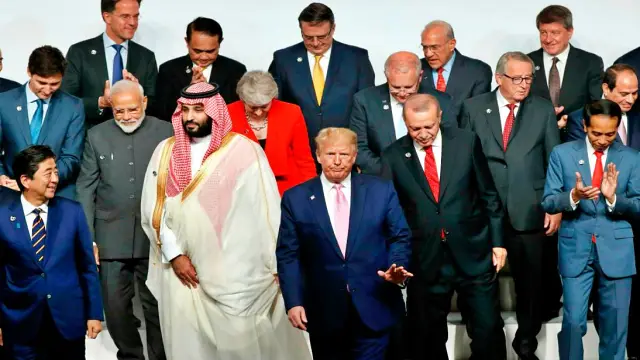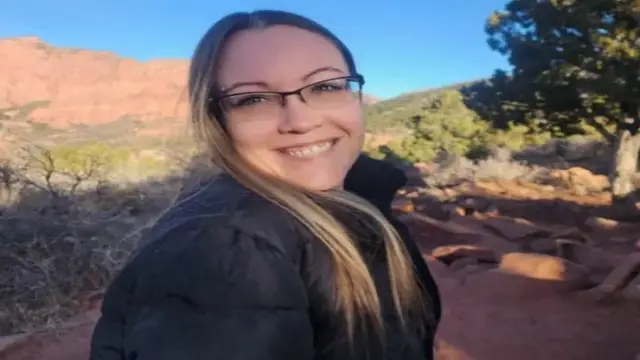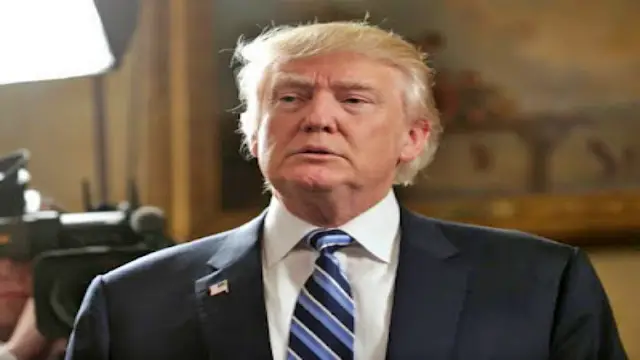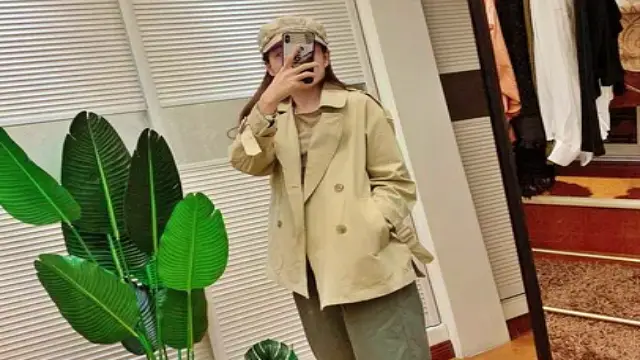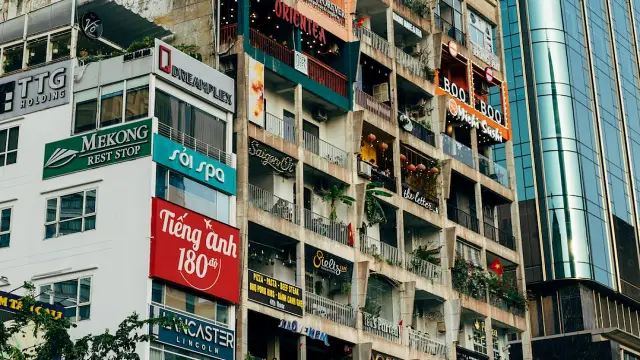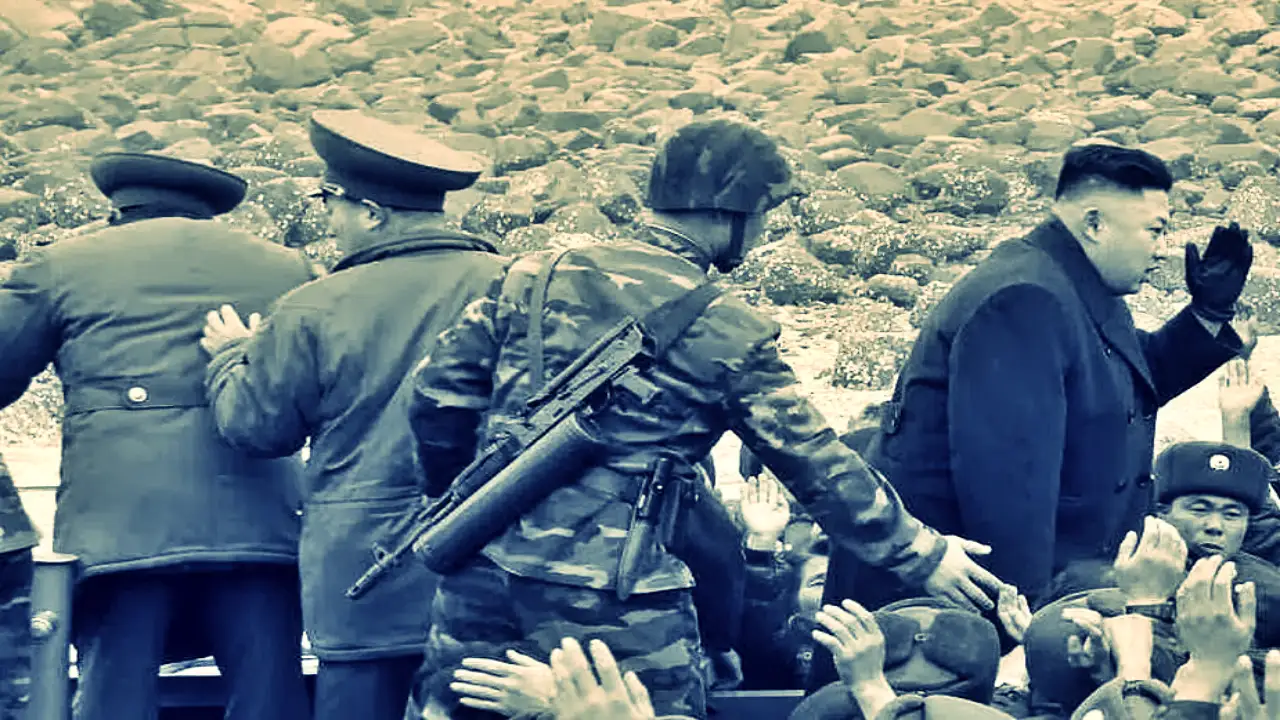MANILA – Rodrigo Duterte was sworn in as the 16th president of the Philippines on Thursday. His rise to power is remarkable. He started as a mayor in a provincial city and won the presidency with his bold, straightforward style. His promises to fight crime resonated with voters, helping him defeat established political rivals in the May elections.
Key Points
A Strong Start
During his inauguration at the presidential palace in Manila, Duterte placed one hand on the Bible and made a powerful pledge. He promised a “relentless” fight against corruption, crime, and illegal drugs. However, he also pointed out that these issues are just symptoms of a deeper social problem affecting the country.
“I see the erosion of the people’s trust in our leaders,” he stated. Duterte expressed concern about the declining faith in the judicial system and the ability of public servants to improve lives.
Economic Challenges Ahead
Outgoing President Benigno Aquino had a successful term, achieving an average annual growth rate of 6.3 percent, the highest in Southeast Asia. Duterte mentioned that he would share his economic plans later. However, some worry that his unconventional approach could threaten the country’s stability.
During his campaign, Duterte criticized the political elite and tapped into the public’s frustration with poverty and inequality. His focus was on crime, drug abuse, and corruption, and he did not shy away from using strong language, even suggesting that offenders should be killed.
Controversial Methods
In his first speech, Duterte acknowledged that many view his crime-fighting methods as “unorthodox” and “verging on the illegal.” Despite this, he assured the public that he understands right from wrong and will respect due process and the rule of law.
Duterte served as mayor of Davao City for 22 years. Human rights groups claim that death squads in Davao have killed around 1,400 people since 1998, mostly targeting drug dealers and petty criminals. Duterte denies any involvement in these killings.
A Simple Inauguration
Duterte’s inauguration was notably simple compared to his predecessors. There was no lavish banquet or extravagant celebrations. Instead, about 600 guests enjoyed traditional Filipino dishes, such as coconut pith spring rolls and durian tartlets.
Duterte is known for his casual style. He often wears short-sleeved shirts and avoids ties. For the inauguration, he wore a formal ‘barong’ shirt but without the usual embroidery. Observers noted that he appeared to wear slip-on loafers.
A Different Kind of President
Duterte’s approach to the presidency is unconventional. Instead of using a bullet-proof limousine, he prefers to travel in a pick-up truck. He has also hinted at commuting daily from his hometown, which is two hours away by air, rather than living in the presidential palace.
A 21-gun salute welcomed Duterte at Malacanang Palace, a historic mansion built by Spanish colonists in the 18th century. This palace has been the official residence of Philippine presidents since World War II.
Concerns About Authoritarianism
Duterte’s inauguration was attended by very few media organizations. This is partly due to his recent comments suggesting that corrupt journalists could be targets for assassination. His strong rhetoric and support for extrajudicial killings have raised alarms, echoing the Philippines’ authoritarian past.
Since his election victory, there has been a noticeable increase in the number of suspected drug dealers killed by police and vigilantes. Critics warn that this could lead to a cycle of violence.
“Duterte tapped into a raw nerve in Philippine society about unpunished crimes,” said Chito Gascon, head of the Commission on Human Rights. “Now there is momentum for action, but the cure could be worse than the disease.”
The Road Ahead
Voters expect Duterte to address not only crime but also infrastructure, job creation, and poverty. Over a quarter of the 100 million population lives in poverty, and Duterte has promised to distribute wealth more evenly.
He has also stated that he will continue Aquino’s economic policies, focusing on infrastructure and fiscal efficiency. Analysts are optimistic, noting that he plans to delegate these responsibilities to experienced individuals.
As Duterte embarks on his presidency, the nation watches closely. His unconventional style and bold promises could reshape the Philippines in the years to come.














